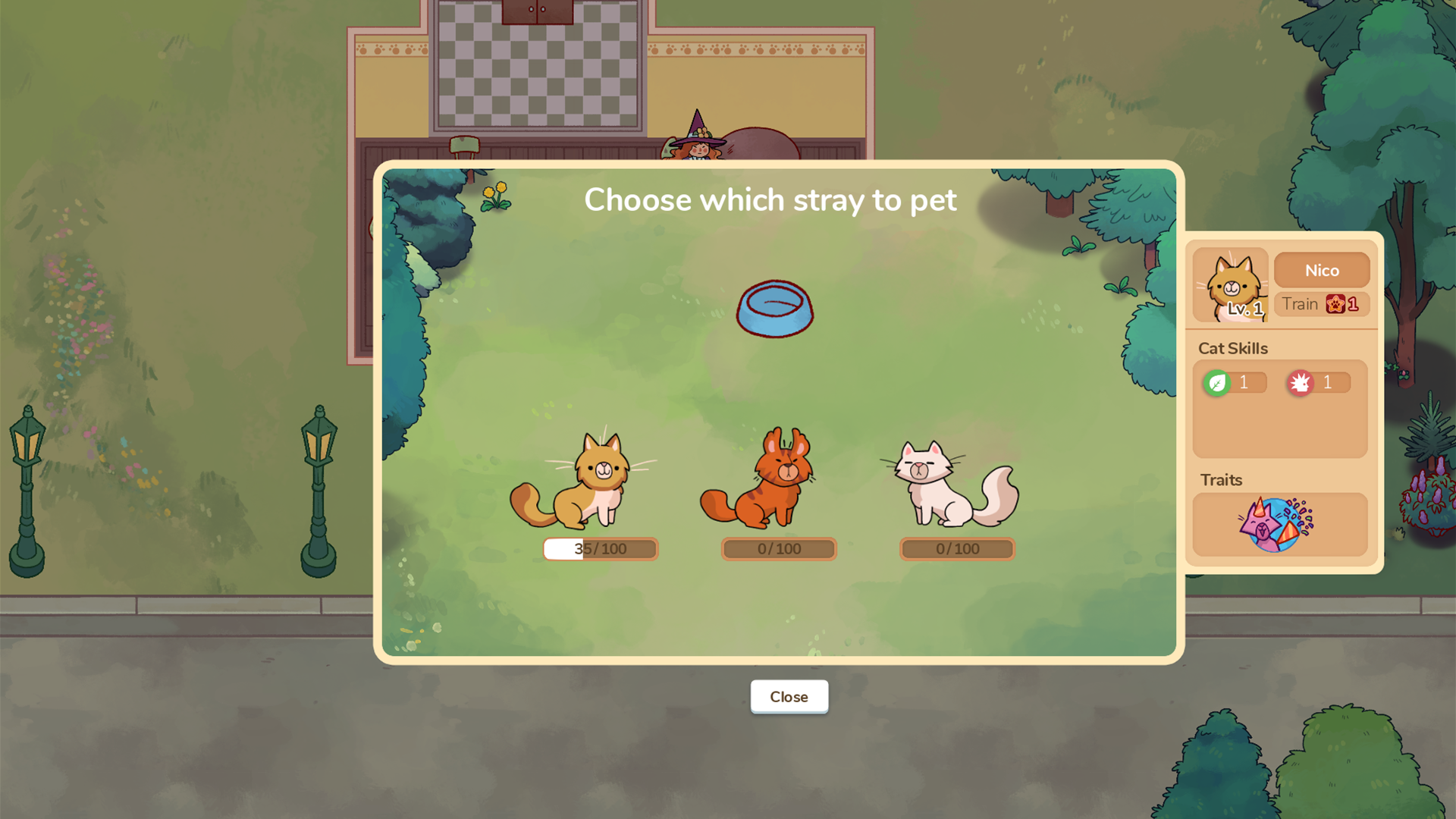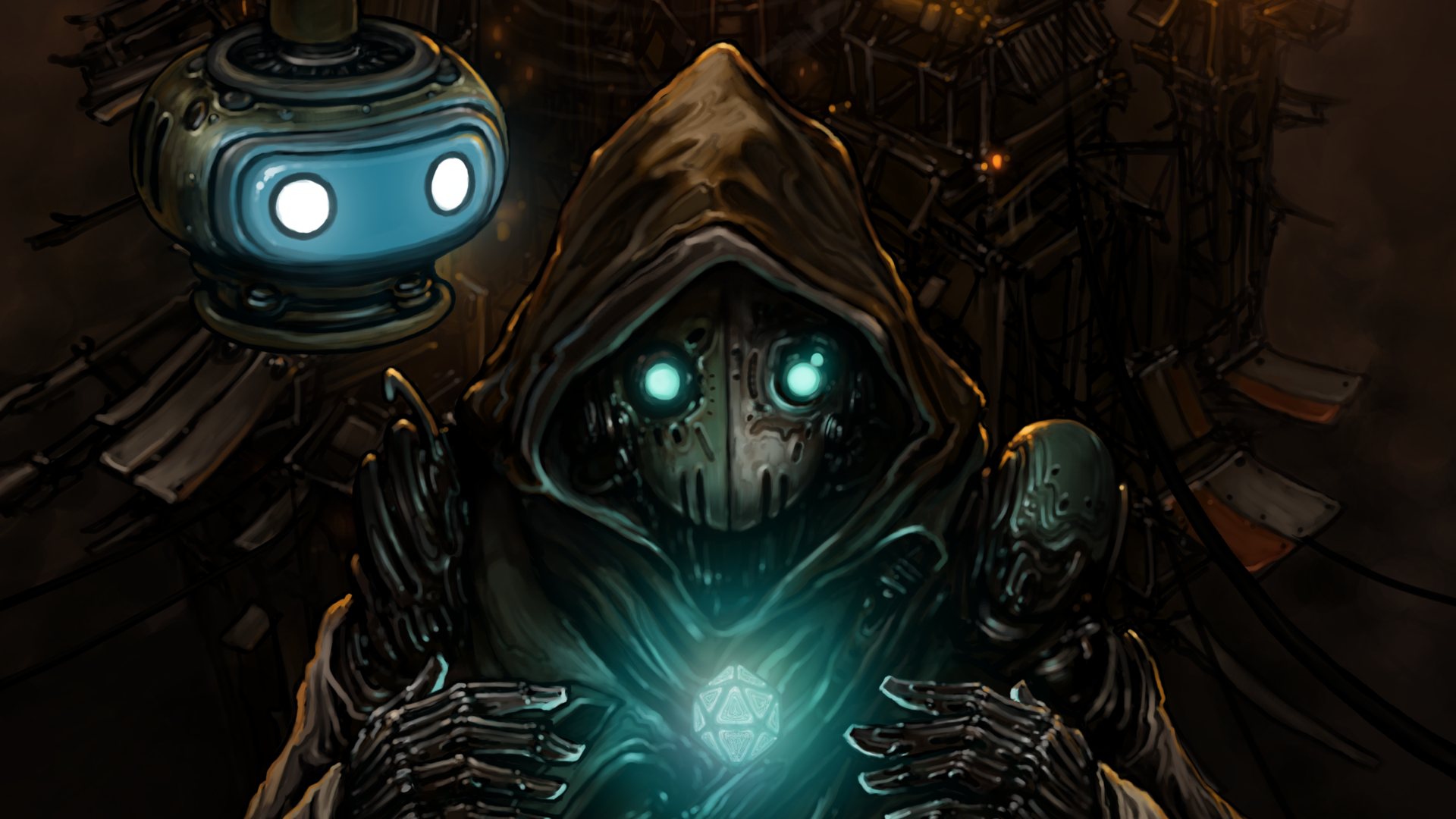Features
‘Alwa’s Legacy’ Is Nostalgia Bait with Modern Sensibilities
Alwa’s Legacy Indie Snippet
Everyone has a piece of media that lives on the edge of their memory. A half-remembered animated film or colorful children’s book that, no matter how hard they try, they can’t quite describe well enough to actually find in the real world. Alwa’s Legacy, newly released on Nintendo Switch, feels like a forgotten gem from the days of yore. It’s a side-scrolling puzzle-platformer that one could swear was released on the SNES or Sega Genesis. Fortunately, this game is here, now, and shows that great design never goes out of style.
Using the Future to Recreate the Past
Alwa’s Legacy is awash in design elements from games past. The instant the chiptune soundtrack starts up, players of a certain age will feel transported to the golden era of sidescrollers. Developer Elden Pixels describes Alwa’s Legacy as a “modern retro game” and that description is perfectly apt. If players are searching for a sidescrolling platformer with a touch of puzzle-solving and a hint of action, the search ends here. At once nostalgic yet forward-thinking, Alwa’s Legacy is a great introduction to the genre as well as a wonderful throwback piece for players who miss the stylistic elements of 16-bit games.
This project is not Elden Pixels’ first. Initially, they mastered the 8-bit throwback with Alwa’s Awakening in 2017. Alwa’s Legacy is very much in the tradition of popular games from the 90s essentially being remakes of their predecessors. If Alwa’s Awakening is Mega Man, then Alwa’s Legacy is Mega Man X: it takes the same basic gameplay and concept of the original and refines elements until the entire piece has a brilliant shine.
Seeing Alwa’s Legacy in action is a beautiful site. The player character Zoe jumps, dashes, ducks, and swims through painterly worlds. The animations are unbelievably crisp and smooth, and the more abilities Zoe earns through spending orbs and finding items, the more her moveset grows and changes. Zoe has three key moves that are unlocked early in the experience. At first, she can conjure a block from thin air that can be pushed or climbed on. Eventually, she can create a bubble that floats upward, that can be used to reach higher platforms. Finally, she unlocks a fireball spell, useful for clearing barriers and blasting at enemies from afar. But there’s much more to do after finding these basic skills. The moveset can be upgraded by spending Orbs, and pretty soon Zoe will be bouncing around the screen from bubbles to ledges to underwater and back again. Combine that with a nifty air dash, and Zoe’s moves are nearly as dynamic as those found in Hollow Knight.
What’s most surprising is the game’s non-linearity. Instead of a straightforward adventure, players can choose where to explore. It’s a large map, and NPCs will nudge players in the direction of important items when spoken to. But the game also lets players choose the kind of experience they want to have. In a modern twist, instead of being sent to explore the world until they get a game over or grow frustrated, players can toggle whether items are revealed on the map to help them have more purposeful exploration. While some might genuinely want to relive the experience of blindly exploring every corner of a large map until the next story beat is stumbled across, it’s nice to have the option to skip some of the doubling back that was common in that bygone era. Elden Pixels fully understands that player choice is important to letting them have the experience they want.
How to Reinvigorate a Style
Nostalgia about video games can be a double-edged sword. Rosy memories of the past often run into the harsh reality of sub-optimal game design, leaving players feeling frustrated about something that previously had warm feelings about. But Alwa’s Legacy circumvents these problems. It’s art style and truly excellent music evoke a simpler time, but its actual gameplay is whip-smart and very tight.
Early in the game, on an errand for the mysterious old sage Saga, Zoe battles a magical knight. It’s a short fight, but perfectly captures everything that makes Alwa’s Legacy great. The player must use the tools available to them to block projectiles, find better footing, and eventually bring the knight down with well-timed knocks on the noggin. It’s tough but satisfying, and unlike a lot of games that this game draws inspiration from, feels fair.
Alwa’s Legacy has other modern touches that help it stand out from the crowd. Speedrunners will love that the game keeps track of deaths. The humor has meta elements that fans of fantasy video games from the past will enjoy. Being able to toggle between quick respawns after dying is a boon to people who grow frustrated easily but still love the aesthetic.
At it’s core, Alwa’s Legacy is both a tribute to a certain type of game and also an excellent example of how to freshen up the genre. Indie games with retro looks are a dime a dozen, but this passion project floats above the competition due to its depth and wit. It both engages with tropes and subverts them, resulting in a game that is frequently fun and funny. This may not be exactly the same as that one game from the past that’s right on the tip of the tongue, but it just might exceed it.

-

 Features4 weeks ago
Features4 weeks agoSolo Leveling Snubbed?! You Won’t Believe Who Won First at the 2025 Crunchyroll Anime Awards!
-

 Culture4 weeks ago
Culture4 weeks agoThe Global Language of Football: Building Community Beyond Borders
-

 Technology3 weeks ago
Technology3 weeks agoGamification and Productivity: What Games Can Teach SaaS Tools
-

 Features1 week ago
Features1 week agoDon’t Watch These 5 Fantasy Anime… Unless You Want to Be Obsessed
-

 Features3 weeks ago
Features3 weeks agoFarewell to a Beloved 13-Year-Old Isekai Anime That Brought Us Endless Laughter
-

 Features2 weeks ago
Features2 weeks agoThis Upcoming Romance Anime Might Just Break the Internet; Trailer Just Dropped!
-

 Features4 weeks ago
Features4 weeks agoWait, What?! Tom & Jerry Just Turned Into an Anime and It’s Glorious!
-

 Culture3 weeks ago
Culture3 weeks agoIs the Gaming Industry Killing Gaming Parties?
-

 Game Reviews3 weeks ago
Game Reviews3 weeks agoCall of Duty and the Myth of Military Realism: Tactical or Just Tacticool?
-

 Technology3 weeks ago
Technology3 weeks agoDigital Cash: For Gamers Who Don’t Ask Permission?
-

 Guides3 weeks ago
Guides3 weeks agoHow to Earn and Spend Diamonds in Mobile Legends
-

 Technology3 weeks ago
Technology3 weeks agoDiscover the Top PDF Drive Tool Today





















